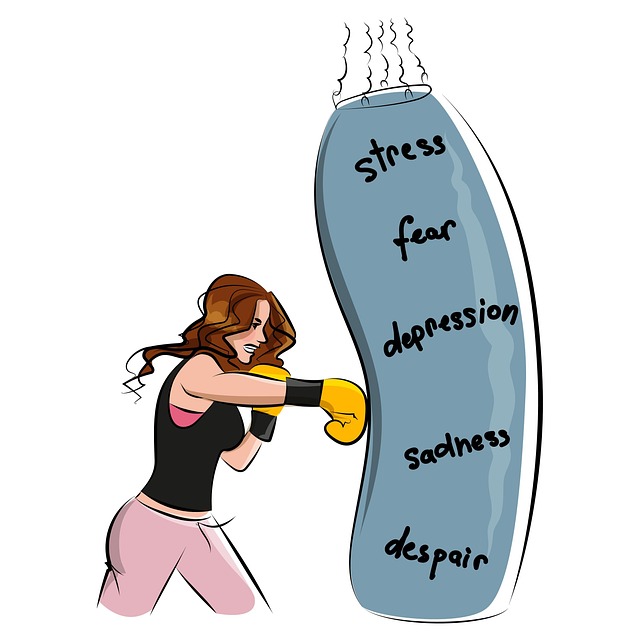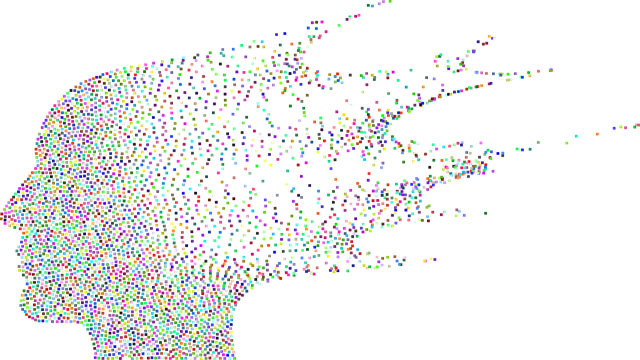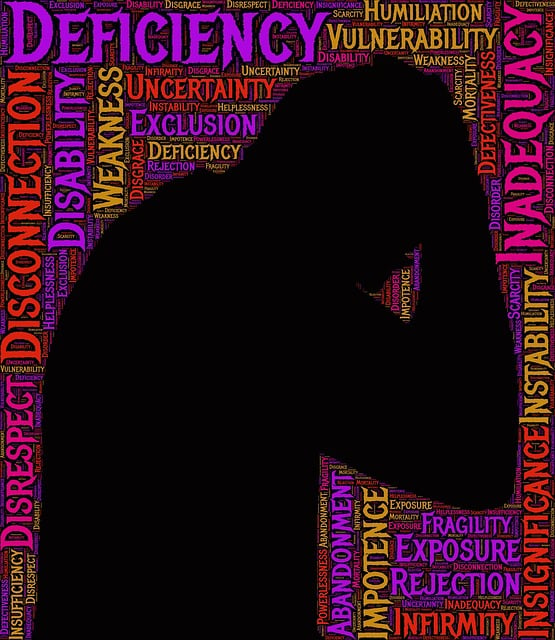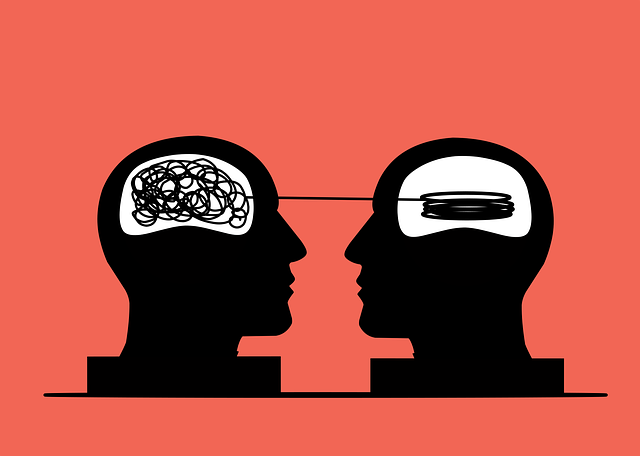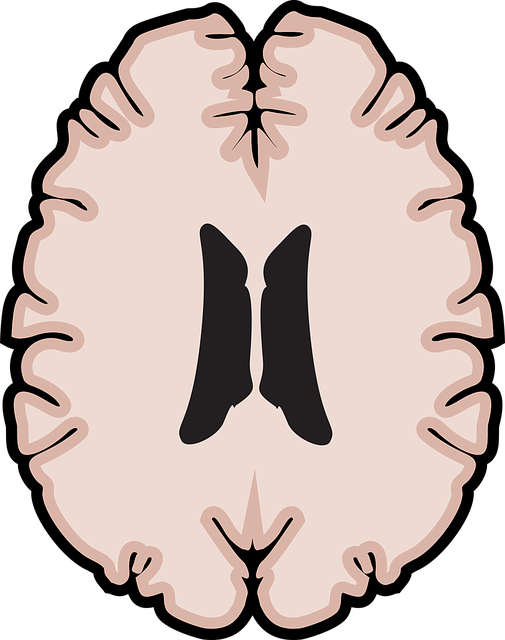Mental health issues in children, especially when addressed early through tailored therapies like Social Skills Training, prevent severe disorders later in life. Addressing postpartum depression in new mothers through open conversations and education is crucial for timely intervention and self-care routines. Media representation significantly impacts public perception of mental health; accurate portrayals reduce stigma, while negative depictions marginalize affected individuals. Shifting media narratives to showcase effective therapy options like those for young children with postpartum depression fosters empathy and encourages care-seeking behaviors. Therapeutic approaches should engage media as an educational tool, using early intervention and community outreach programs to normalize mental health conversations and reduce barriers to seeking help.
Mental illness representation in media significantly shapes public perceptions, especially among children. This article delves into two critical areas: understanding mental health issues in children and postpartum depression, exploring their impact on society. We analyze how media portrayal influences attitudes towards mental health, highlighting the need for accurate, empathetic depictions. Furthermore, we present therapeutic approaches leveraging media to combat stigma, particularly focusing on interventions designed for young children and those experiencing postpartum depression. By examining these aspects, we aim to foster informed discussions and promote better mental health support.
- Understanding Mental Health Issues in Children and Postpartum Depression
- The Impact of Media Representation on Perceptions of Mental Illness
- Therapeutic Approaches for Addressing Mental Illness Stigma through Media
Understanding Mental Health Issues in Children and Postpartum Depression

Mental health issues among children are a growing concern, with many conditions presenting in early childhood. Recognizing and addressing these challenges is crucial for long-term well-being. Therapy for young children can be highly effective when tailored to their unique needs. Early intervention offers a window of opportunity to foster healthy development and prevent more severe mental health disorders later in life. Social Skills Training, for instance, can help children navigate interactions with peers, boosting self-esteem and reducing social anxiety.
Postpartum depression is a specific mental health concern that requires tailored support. Many new mothers experience a profound shift in mood post-delivery, characterized by persistent sadness, anxiety, and fatigue. This condition often goes unnoticed or undiagnosed due to societal expectations of new motherhood. Encouraging open conversations about postpartum depression is vital for promoting self-care routine development for better mental health. Additionally, education on recognizing symptoms can facilitate early intervention, offering much-needed relief to affected mothers through effective therapy and prevention strategies.
The Impact of Media Representation on Perceptions of Mental Illness

Media representation plays a significant role in shaping public perceptions about mental illness. The way mental health conditions are portrayed in films, TV shows, and news media can either perpetuate stereotypes or offer a more nuanced understanding. Positive representations, such as accurate portrayals of therapy for young children with anxiety or depression, can help reduce stigma and encourage support-seeking behaviors. On the other hand, negative or misleading depictions can further marginalize individuals dealing with mental health issues.
For instance, media often portrays postpartum depression as a rare and severe condition without considering its prevalence among new mothers. This misrepresentation may discourage affected individuals from seeking help due to fear of judgment. Conversely, showcasing characters who successfully manage their conditions through therapy, inner strength development, or trauma support services can foster empathy and inspire those struggling with similar issues to seek appropriate care, including options like therapy for young children with postpartum depression.
Therapeutic Approaches for Addressing Mental Illness Stigma through Media

Media plays a significant role in shaping societal perceptions about mental health, often perpetuating harmful stereotypes and stigma surrounding conditions like postpartum depression. Therapeutic approaches aimed at addressing this issue must therefore involve media as both a tool for education and a platform for positive representation. For young children, early intervention is key; integrating self-awareness exercises and social skills training within media-based therapy can help foster empathy and break down barriers associated with mental illness.
Community outreach program implementation leveraging media can further enhance these efforts by sharing personal narratives and offering platforms for affected individuals to speak openly about their experiences. By normalizing conversations around mental health, these initiatives promote understanding and reduce the stigma faced by those struggling with conditions like postpartum depression, encouraging them to seek necessary therapy and support.
In addressing the challenge of mental illness representation in media, particularly focusing on issues like postpartum depression and therapy for young children, it’s clear that a more nuanced and accurate portrayal is essential. The impact of media on shaping public perceptions demands a responsible approach to foster understanding and reduce stigma. By integrating therapeutic strategies into media content, we can create a safer, more supportive environment for those facing mental health struggles. This multi-faceted approach—encompassing education, accurate representation, and accessible therapy—is crucial in promoting mental well-being for all.
